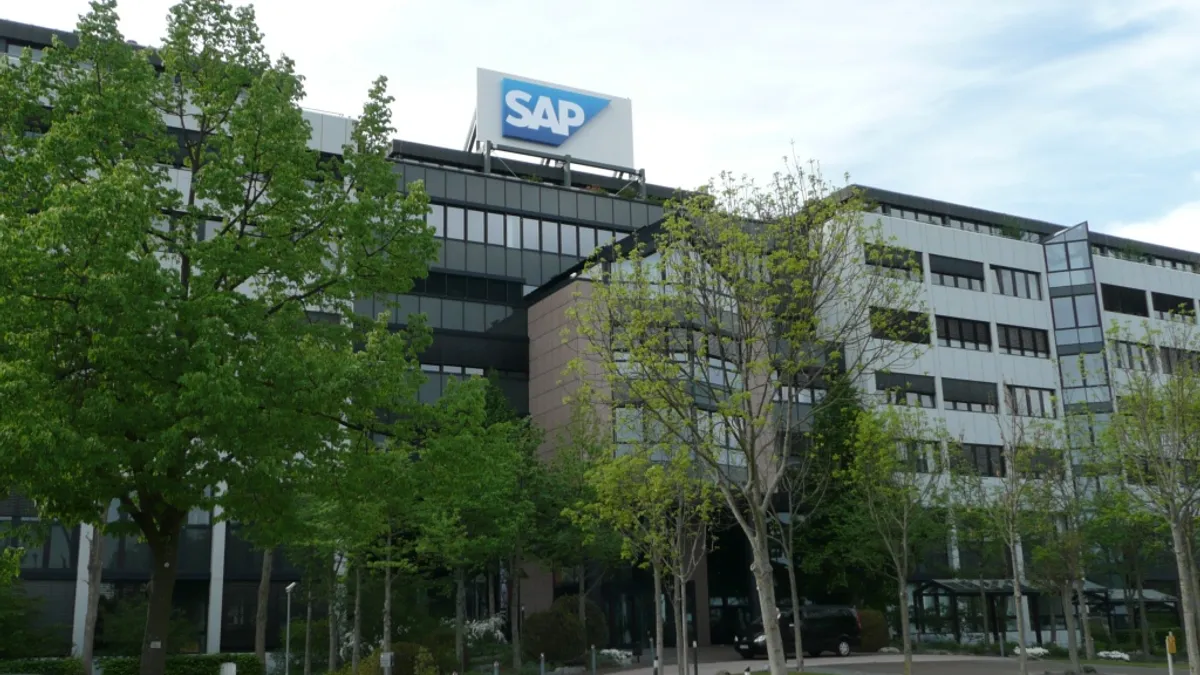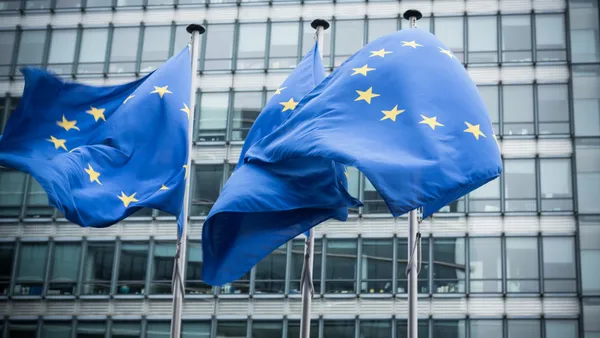Dive Brief:
- SAP responded to customer complaints of ambiguity around its billing policies and began rolling out a new pricing, audit and sales model in April to improve transparency around Digital Access licensing policies. The new pricing model will distinguish between direct/human access and indirect/digital access, which includes access by third parties, bots or the IoT as well as indirect human or system access through intermediary software or third-party applications.
- Users will have the choice to remain on their current model or move to the new one. The new model will help instances of SAP product use with non-SAP systems, automated cloud processes and IoT transactions, allowing customers to pay when businesses outcomes are achieved rather than when a technical process is triggered, reports Reuters.
- Last year, SAP juggled legal disputes related to millions of dollars worth of unlicensed indirect use of its software by Diageo and Anheuser-Busch InBev, both of which were settled for undisclosed terms, according to Reuters. These cases incited worries among SAP's customer base of hidden, indirect charges tied to software use.
Dive Insight:
SAP may have gotten millions back for unlicensed software use, but the publicity tied to last year's cases forced the European tech company to reevaluate its pricing plan and licensing transparency for customers.
But SAP is not alone in changing its pricing models. How companies bill for proprietary systems is also steadily changing thanks to competition and changes to network access.
In the cloud, IaaS providers have been pushed all the way down to per second billing, and new tools are even helping to predict what bills and costs will amount to based off a standard pricing model. A time-based model, however, can be far easier to quantify and charge than billing based on forms of access, which is what SAP is addressing.
While the model change may have come a little too late for some of SAP's customers, efforts to address the rise of IoT and interaction of outside systems are important for SAP and other ERP providers. Oracle, SAP's largest competitor in the space, declined to comment to CIO Dive on its pricing models for software licensing.












